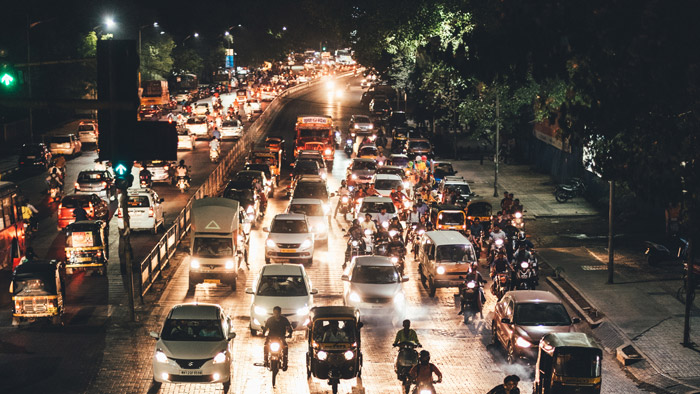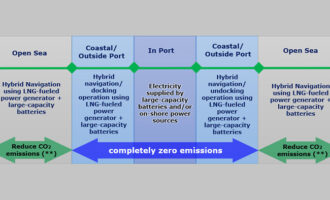
Delhi Government approves electric vehicle policy
The Delhi Government has approved its electric vehicle (EV) policy which targets 500,000 EV registrations by 2024, mostly two-wheelers and commercial vehicles. The Delhi government will provide a subsidy to promote EVs, said Delhi Chief Minister Arvind Kejriwal. Also, Delhi is waiving the road tax and registration fees for all battery electric vehicles for the next three years.
In November 2018, the Delhi government published its first EV policy draft, laying out a comprehensive vision of bringing about a material improvement in Delhi’s air quality by reducing emissions from the transport sector. The Draft Delhi Electric Vehicle policy seeks to promote the rapid adoption of Battery Electric Vehicles (BEVs), where they contribute to 25% of all new vehicle registrations within five years.
Commenting on the action of the Delhi Cabinet on Monday, Sohinder Gill, CEO of Hero Electric and director general of the Society of Manufacturers of Electric Vehicles, said: “With the introduction of this policy, we are certain that Delhi will lead by example. I am hopeful that more states will emulate such measures to give a boost to the industry and help the country achieve its ambitious goals of getting India electrified.”
The policy also seeks to put in place measures to support the creation of jobs in driving, selling, financing, servicing and charging of EVs.
The Delhi government is targeting the introduction of 35,000 electric two-, three-, and four-wheelers, as well as buses along with 1,000 electric vehicles for last-mile deliveries and 250 public charging and battery swapping stations.
Under this EV policy, the Delhi government will offer a purchase incentive of INR5,000 (USD70) per kWh of battery capacity, compared to the INR5,500 (USD77) currently being offered by the Delhi Pollution Control Committee. In addition, the city government will provide a scrapping incentive of up to INR5,000 (USD70) for older vehicles, subject to matching contributions from the vehicle manufacturer or dealer.
Delhi will allow ride-hailing service providers to operate electric two-wheeler taxis, while all last-mile delivery companies like food delivery and e-commerce logistics providers are expected to switch 50% of their vehicle fleet to electric vehicles by March 2023 and 100% by March 2025.
E-rickshaws and carriers will receive an incentive of INR30,000 (USD424) per vehicle and a government subsidy of 5% of the interest rate for loans.
Electric four wheelers will get a purchase incentive of INR10,000 (USD141) per kWh of battery capacity for the first 1,000 cars, subject to a cap of INR150,000 (USD2,120) per vehicle. All the leased cars used for commuting by Delhi government officers will be transitioned to EVs within the next 12 months.
The policy also mandates that new home and workplace parking should reserve 20% of its parking to EVs. The Delhi government will provide a 100% subsidy for the purchase of charging equipment costing up to INR6,000 (USD84) per unit, for the first 30,000 charging points at homes and workplaces.
The government will also form an electric vehicle board and an EV cell within the transport department that will be responsible for implementing the policy.









